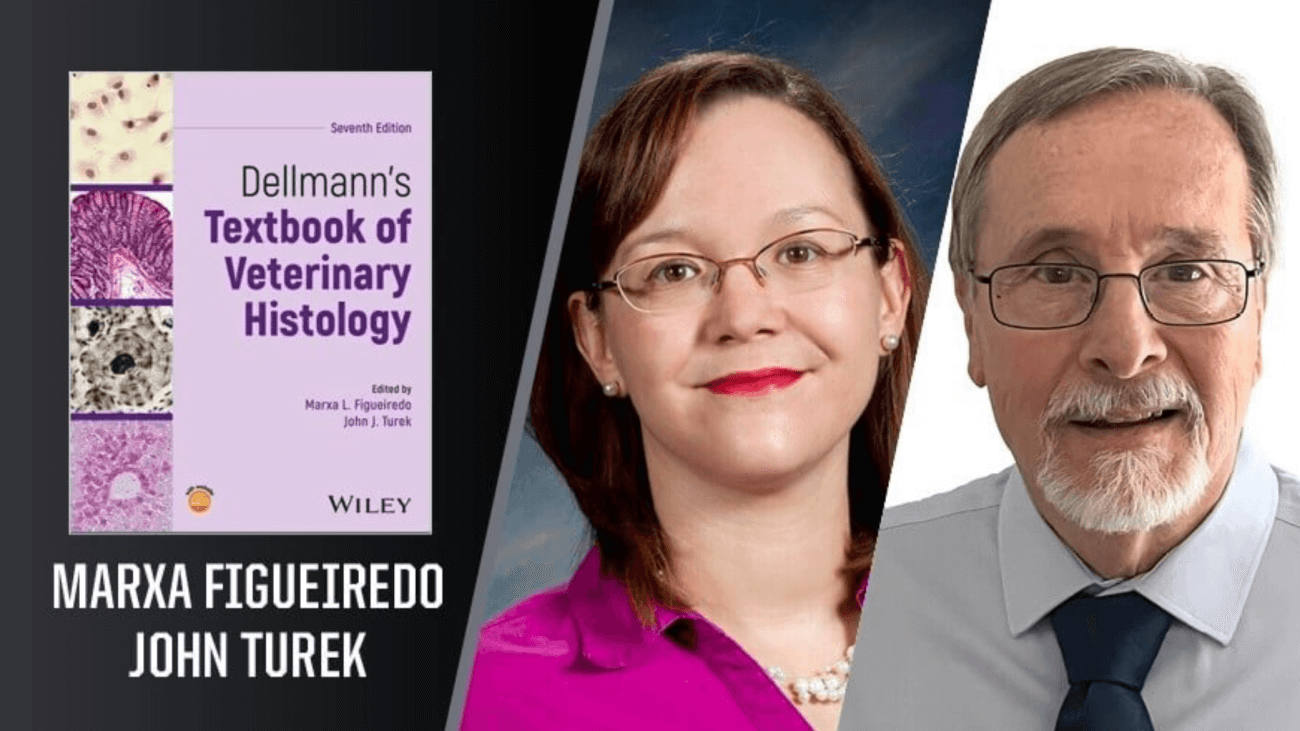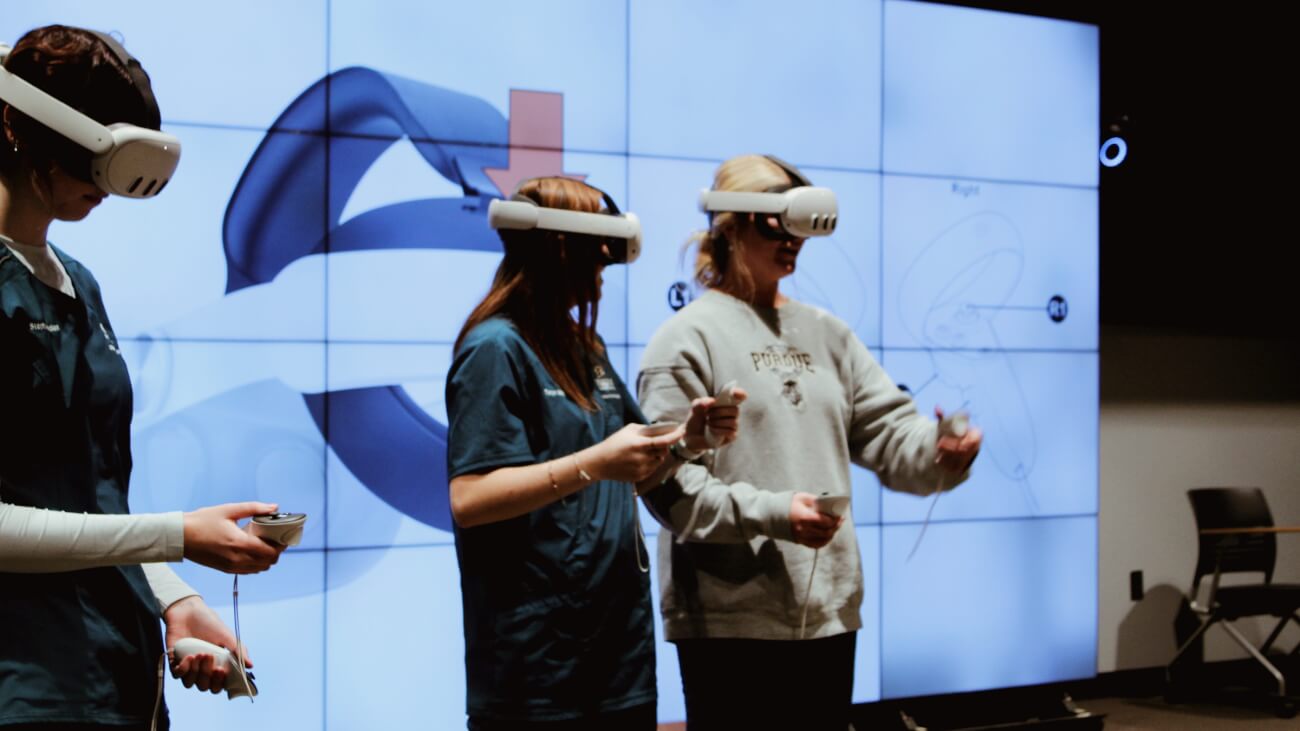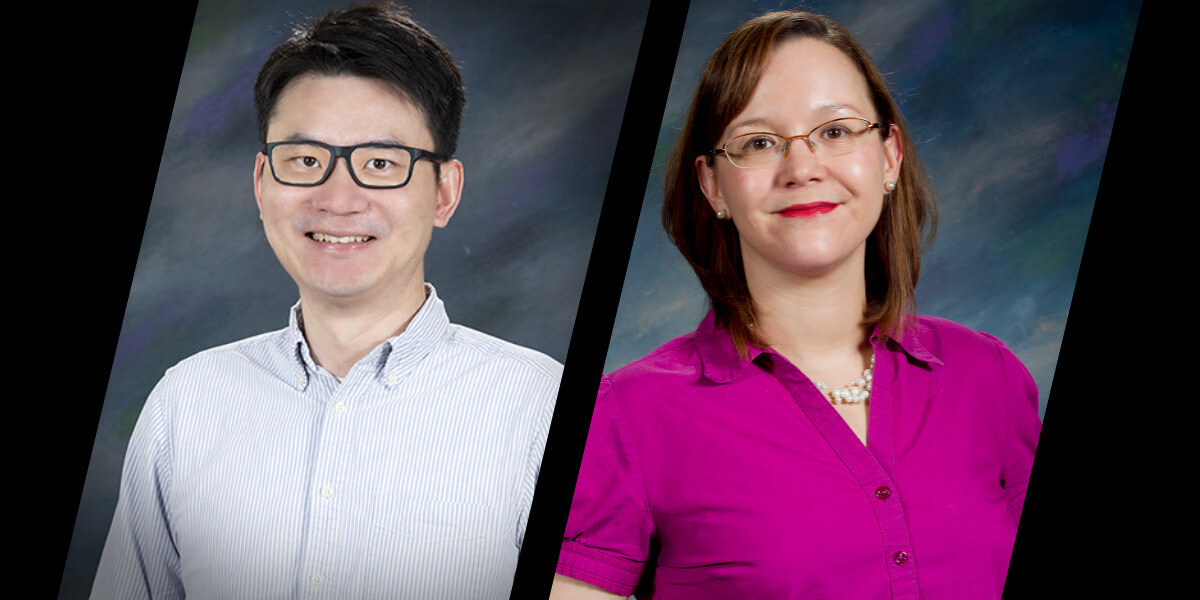Basic Medical Sciences
The Department of Basic Medical Sciences (BMS) offers graduate programs leading to the Master of Science and Doctor of Philosophy degrees.
Integrative Studies for Animal and Human Health
Discovery activities range from studies of molecular and cellular processes to studies of the whole animal, in areas of cell and tissue growth, differentiation, regeneration, and numerous aspects of cancer biology. BMS faculty currently have active research programs in the areas of cancer biology; musculoskeletal biomechanics and skeletal adaptation; neural development, mechanisms of injury and regeneration; tissue dynamic spectroscopy; cellular and molecular screening; and high throughput analysis of cell function. Our directory of faculty research interests describes in more detail the exciting research that is conducted in BMS.
BMS
Department Info
Graduate Program
Cutting-edge research opportunities
Research Specialties
What we're working on
Employment Opportunities
Work with us
BMS Directory
Find our people
News
The latest headlines
Contact Us
Get in touch
Featured Faculty

J. Paul Robinson, PhD
Distinguished Professor of Cytometry | The SVM Professor of Cytomics | Professor, Weldon School of Biomedical Engineering | Director, Purdue University Cytometry Laboratories
Dr. J. Paul Robinson is a Distinguished Professor of Cytometry and Biomedical Engineering at Purdue University, renowned for his pioneering contributions to cytomics, spectral flow cytometry, and high-throughput cellular analysis. With a PhD in Immunopathology from UNSW, he has authored over 200 peer-reviewed publications, edited eleven books, and delivered more than 200 international presentations. Dr. Robinson directs the Purdue University Cytometry Laboratories, is a Fellow of the American Institute for Medical and Biological Engineering, the American Association for the Advancement of Science, the Royal Microscopy Society, and the American Academy of Inventors, and has served as President of the International Society for Advancement of Cytometry. His career blends academic innovation, corporate consulting, and legal expertise as an expert witness in patent litigation. Beyond the lab, he is the founder of the “Cytometry for Life” foundation supporting science education in Africa and is an accomplished mountaineer, having summited Mt. Everest on May 23, 2009.




